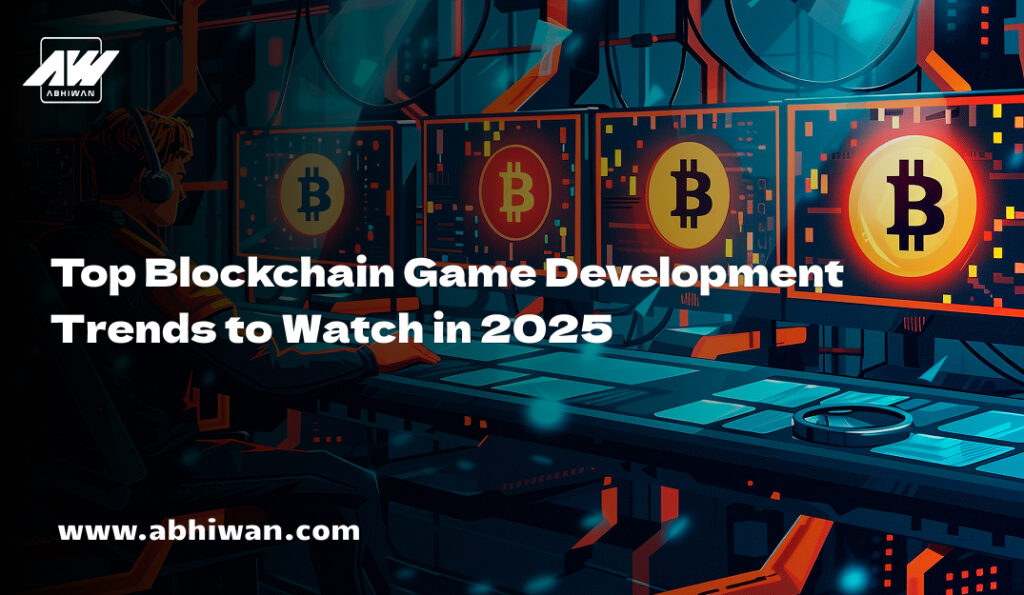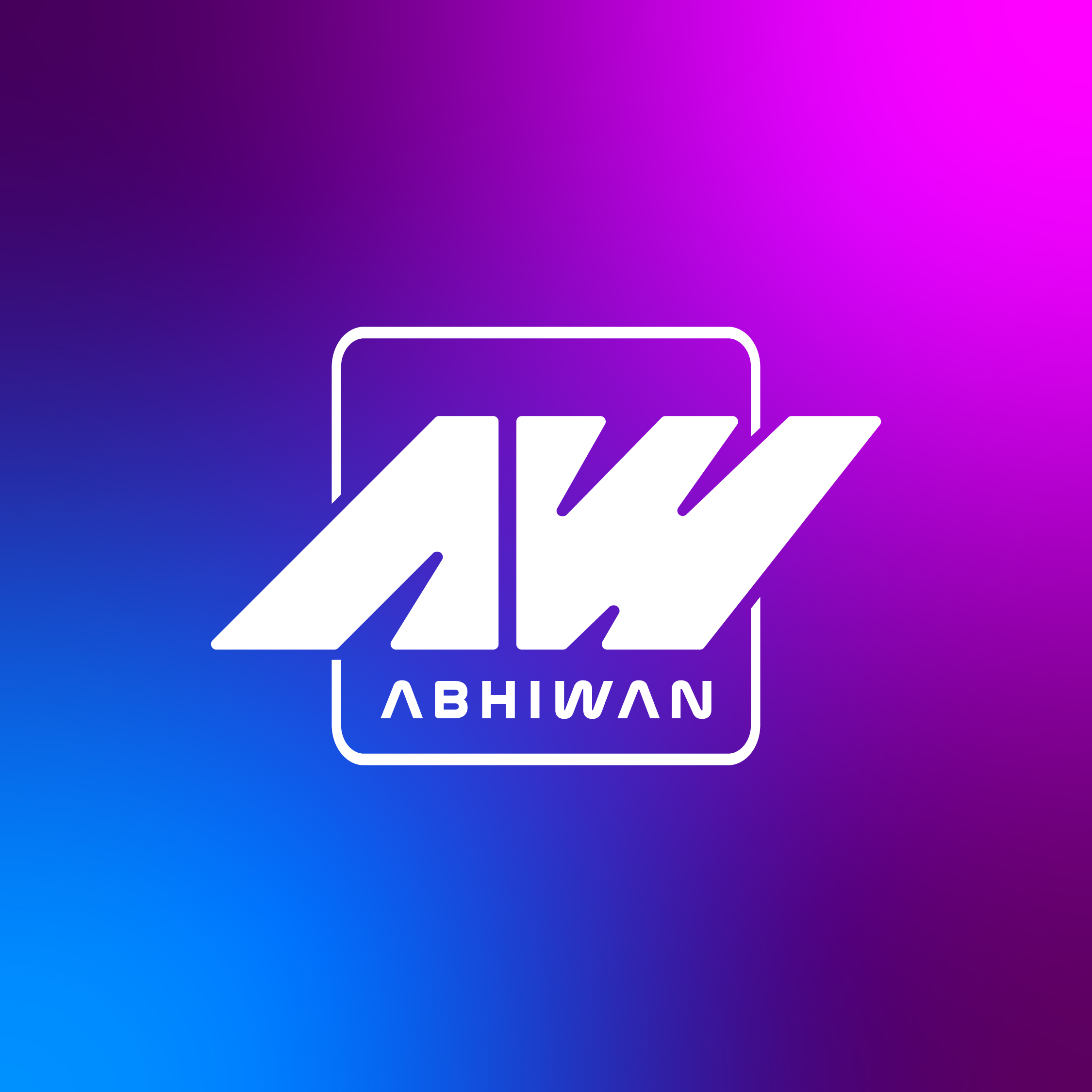
Currently, the blockchain game development world is experiencing a fast-paced growth; hence, the year 2025 is predicted to be a dominant year for change. Empowered by innovation, security, and player ownership of digital assets, blockchain games offer better fun and engagement than ever before. In this article, we will discuss the latest trends in blockchain games, how the industry is shaping itself up, and what the near future holds for players and developers.
Cross-Platform Blockchain Gaming Will Be More Common
Cross-platform blockchain game development services will thrive in 2025. Players want to enjoy their favourite games on mobile phones, desktops, or gaming consoles without losing any progress or items in the game. Contributing to this trend is even better wallet integration and support for multiple blockchains. To make sure that games can be played on any kind of device, developers are working hard. This also allows users to access their tokens, NFTs, and rewards no matter where they play.
- Same wallet access on mobile and PC
- In-game assets synced across platforms
- Easier sign-ins using decentralised identities
The Role of Blockchain Game Development Companies Is Growing
As the market grows, more businesses are turning to expert teams for support. Hiring a blockchain game development company helps studios build safe, scalable, and exciting games without starting from scratch. In 2025, companies will play an even bigger role in building game economies, smart contract logic, and NFT integrations. Whether it’s a startup or a big brand, most teams now prefer to work with specialists who know blockchain and gaming equally well.
- Faster development with expert teams
- Security-first approach to smart contracts
- Custom solutions tailored to each game
Better Game Experiences with Blockchain Gaming Services
Today, players don’t just want rewards; they want fun. That’s why blockchain game development services are focusing more on creating enjoyable game mechanics while still offering digital ownership and earning options. These services now go beyond just adding crypto rewards. They’re helping developers design full experiences where tokens and NFTs make sense within the story and gameplay.
- Play-and-earn models replacing old play-to-earn
- Real games with engaging stories and design
- Stronger reward systems based on skill and time
Real Ownership with Custom Avatars and Digital Items
One of the exciting trends in blockchain-based gaming is truly granting ownership of characters and items to the players; i.e., objects can be purchasable, upgradable, and resalable through secure smart contract systems like skins, weapons, characters, etc.
More games will launch in 2025 that allow users to customise NFTs and port them from one title to another. These personal items become part of the player’s digital identity.
Key features:
- NFTs that evolve with gameplay
- Avatars with unique traits owned by players
- Items tradeable in open or in-game marketplaces
This trend adds real value and connection between players and their in-game world.
Community-Led Games Through DAOs
Games are becoming more community-driven thanks to Decentralised Autonomous Organisations. These are groups that allow players to vote on game updates, rules, and content by using special governance tokens. In the year 2025, more games will use DAOs to give players a say in the development of the game. This builds trust, creates a loyal fan base, and ensures growth in such a way that people enjoy the game.
Why it matters:
- Shared control between developers and players
- Voting power based on in-game activity or tokens
- More transparency and fairness in game updates
Smarter Game Design with AI and Blockchain
AI is being used in many industries, and it’s making its way into blockchain game development too. From better NPC behaviour to smart item pricing and even detecting fraud, AI is improving the entire game experience.
AI can help with the following when combined with blockchain:
- Creating smarter, lifelike characters
- Tracking the in-game economy in real time
- Recommending custom game modes based on player habits
This makes games feel more alive and tailored to each user.
Going Green: Sustainable Blockchain Game
With growing concerns about energy use, developers are now focused on eco-friendly choices. In 2025, blockchain gaming projects are moving toward energy-efficient networks and carbon-neutral practices.
This includes:
- Proof-of-Stake is a new chain of thought over Proof-of-Work
- Covering up carbon usage by giving to charity or planting trees
- Promoting in-game eco-missions or green NFTs
These actions help make the gaming industry more responsible and future-ready.
Which Blockchain Is Best for Game Development?
The answer by 2025 would be dependent on what the requirements of the game are. Although Ethereum was initially the preferred option, new developers have turned to other options due to high gas fees and slow action. Many now prefer Layer 2 solutions and other chains that offer low fees, faster transactions, and easy NFT support.
Top choices include:
- Polygon has low fees and is Ethereum-compatible
- Immutable X is designed for NFT-heavy games
- Low latency and speed of Solana make it well-known
- Avalanche is ideal for smart contracts and token use
Choosing the right blockchain game development company is now one of the most important steps in the game development process.
How to Create a Blockchain Game?
Making a blockchain game may sound complex; well, it can be. The good part is that this has been getting easier every year. Thanks to new tools, even small studios or solo developers will be able to build Web3 games with little coding effort.
Today, there are no-code and low-code platforms that handle wallet connection, token creation, and NFT functions. These tools reduce the need for deep blockchain knowledge.
Some popular toolkits include:
- Moralis is for fast wallet and backend configurations.
- Thirdweb has drag-and-drop NFT features
- Unity + Web3 SDKs is great for adding blockchain to existing games
This means more creativity and less stress for new developers entering the space.
Conclusion
The year 2025 promises to be a landmark year in any case for blockchain game development. Better tools and networks, together with the rise of player-focused design, provide an exciting path ahead for seasoned developers and novice ones alike. So now is the time to look to see what is feasible for anyone who plans on building Web3 games or investing in this space. Selecting the best-known blockchain game company to give you blockchain game creation services can help you turn your ideas into hits, so loved by your players. The future of gaming is hereand it’s built on blockchain.

